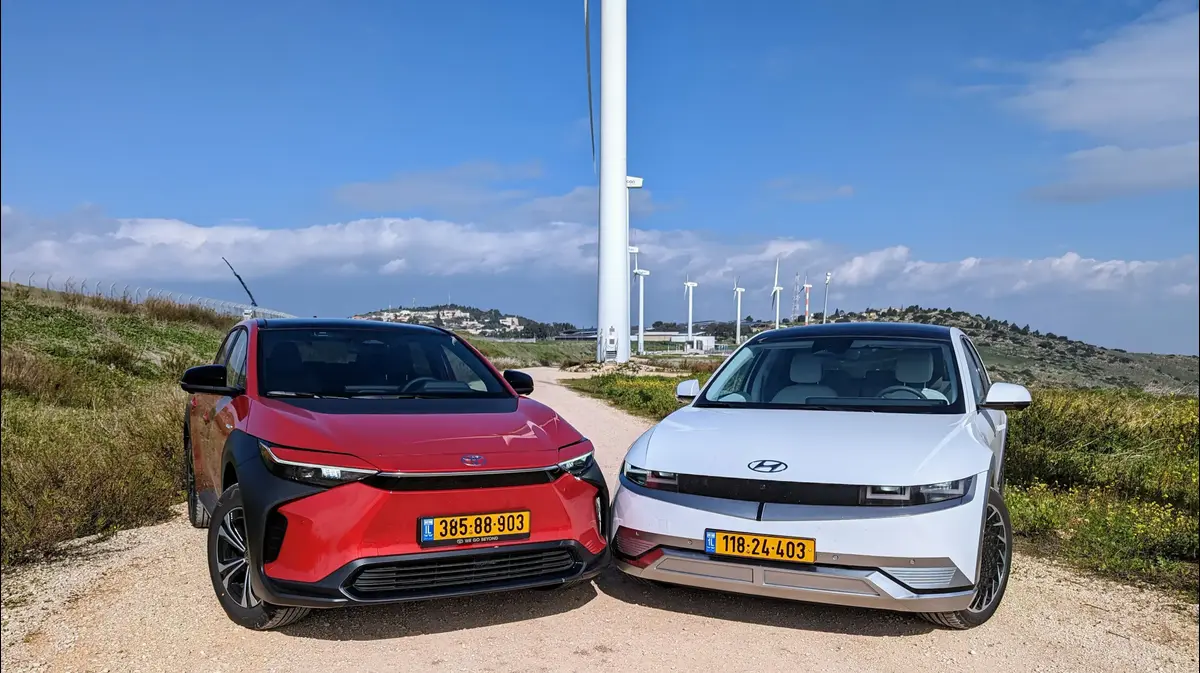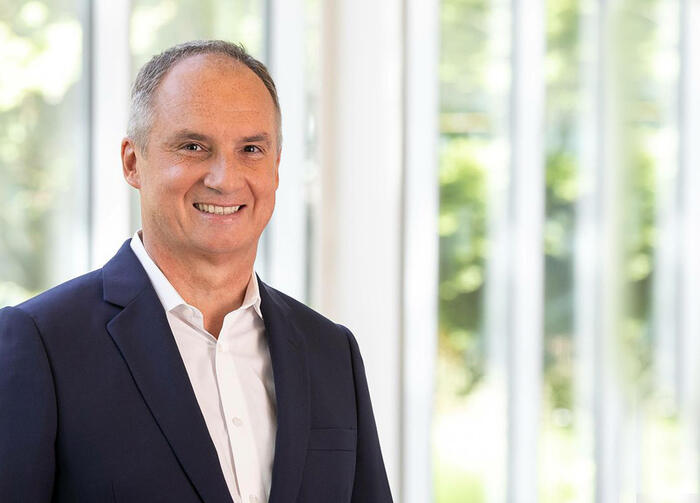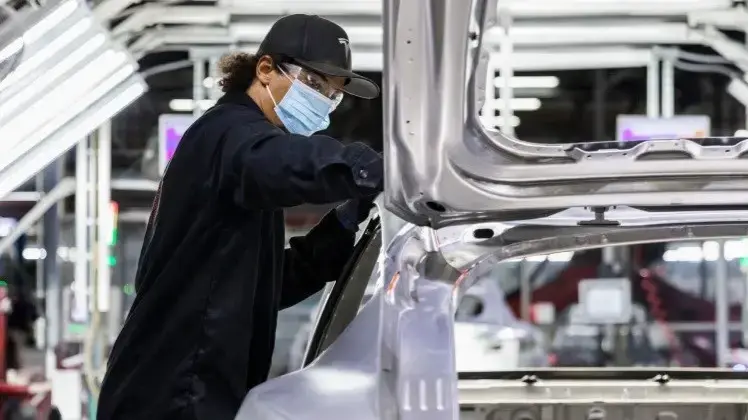CEO of Stalantis warns of environmental and social costs of electric influx
"There are faster and cheaper ways to reduce pollutant emissions," says the world's fourth-largest automaker CEO. "This is a decision made by politicians" and points to the problems in running electricity
Keenan Cohen
24/01/2022
Monday, 24 January 2022, 15:18 Updated: 15:31
Share on Facebook
Share on WhatsApp
Share on Twitter
Share on Email
Share on general
Comments
Comments
Carlos Towers, the magician who saved PSA and turned it into an empire (Photo: Manufacturer's website)
On the face of it, everything was as expected
, in an interview with the European media, Stalantis CEO Carlos Towers stated that the EU's decision to push internal combustion engines out of the continent in the current timetable is a political decision and would have far-reaching environmental and social consequences.
Because Towers is the fourth largest automotive group in the world in terms of production and includes Peugeot, Citroen, Opel, Chrysler, Jeep, Ram and Fiat, among others. Some very good reasons why it is also worth listening to what he says and not be tempted to place him on the automatic side of resistance.
More on Walla!
The Interesting Trams of 2022
To the full article
14 electric models and a target of 70 percent for electric cars in the entire group by 2030 (Photo: Manufacturer's website)
"What is clear is that electricity technology was chosen by politicians, not industry," Towers said, adding that there are faster and cheaper ways to reduce pollutant emissions. "Given the current propulsion mix in Europe, an electric car has to travel 70,000 miles to balance the carbon footprint in its battery production, and to bridge the gap to hybrid vehicles, which cost half as much."
The intention of some European countries to ban the sale of cars with internal combustion engines by 2035 is also expressed, when he explains that such a move means that manufacturers already have to start converting their factories and their supply chains quickly.
For the European economy whose automotive industry is a very central component in its structure, these changes have tremendous significance for the labor market and the wider circles of its sub-suppliers.
"The brutality of this change creates a social risk," he warned.
In doing so he addressed his past promises not to close factories in Europe.
"As a rule, I keep my promises, but we must also remain competitive," he said, referring to a specific production costs in Italy that he said were "significantly higher, sometimes twice as high as those of other European countries", mainly due to "excessive" energy costs.
Opal, transition from huge losses to profitability (Photo: Manufacturer's website, manufacturer)
But in contrast to the initial impression that may arise due to his "position".
Towers himself is not one of the automatic opponents of the electricity trend in the automotive industry.
First, Towers himself who upon entering the clerk shook off who was then PSA fundamentally and changed its DNA while marching it to growth and profitability after not-so-simple years, including increasing its market share by 60 percent in the first year of the merger.
He is the one who has brought Opel to profitability since it passed PSA ownership from General Motors in 2017 after 20 consecutive years in which its losses accumulated to billions of euros under General Motors.
Greater acceleration of the transition to electricity and this is just the beginning (Photo: Keinan Cohen, Keinan Cohen)
He was also the one who pushed the development of the manufacturer's electric supply.
Under his management, Peugeot announced in 2018 that it would stop investing in the development of diesel engines.
He also stated at the time that he does not intend to pay even one euro cent of fines for non-compliance with air pollution quotas and the manufacturer is indeed very high in its rating of green emissions.
Right behind manufacturers that rely solely on electric vehicles or have a distinct hybrid product offering like Toyota.
Jeep, will be fully electrified in each category until 2025 (Photo: Manufacturer's website, manufacturer)
In July 2021, after the merger with FCA (Fiat, Alpha, Chrysler, Jeep, Dodge) he introduced the first phase of his € 30 billion plan to electrify the group's product offering.
This included five battery plants in collaboration with LG in Europe and the United States, 14 electric models, targets for sales of vehicles with pollutant emissions reduced by 70 percent in Europe and 40 percent in the United States by 2030 and more.
Even Jeep is scheduled to introduce fully electric models in each of the segments it is in by 2025.
vehicle
Car News
Tags
Peugeot
Citroen
opal
Fiat
Chrysler
jeep
electric car







